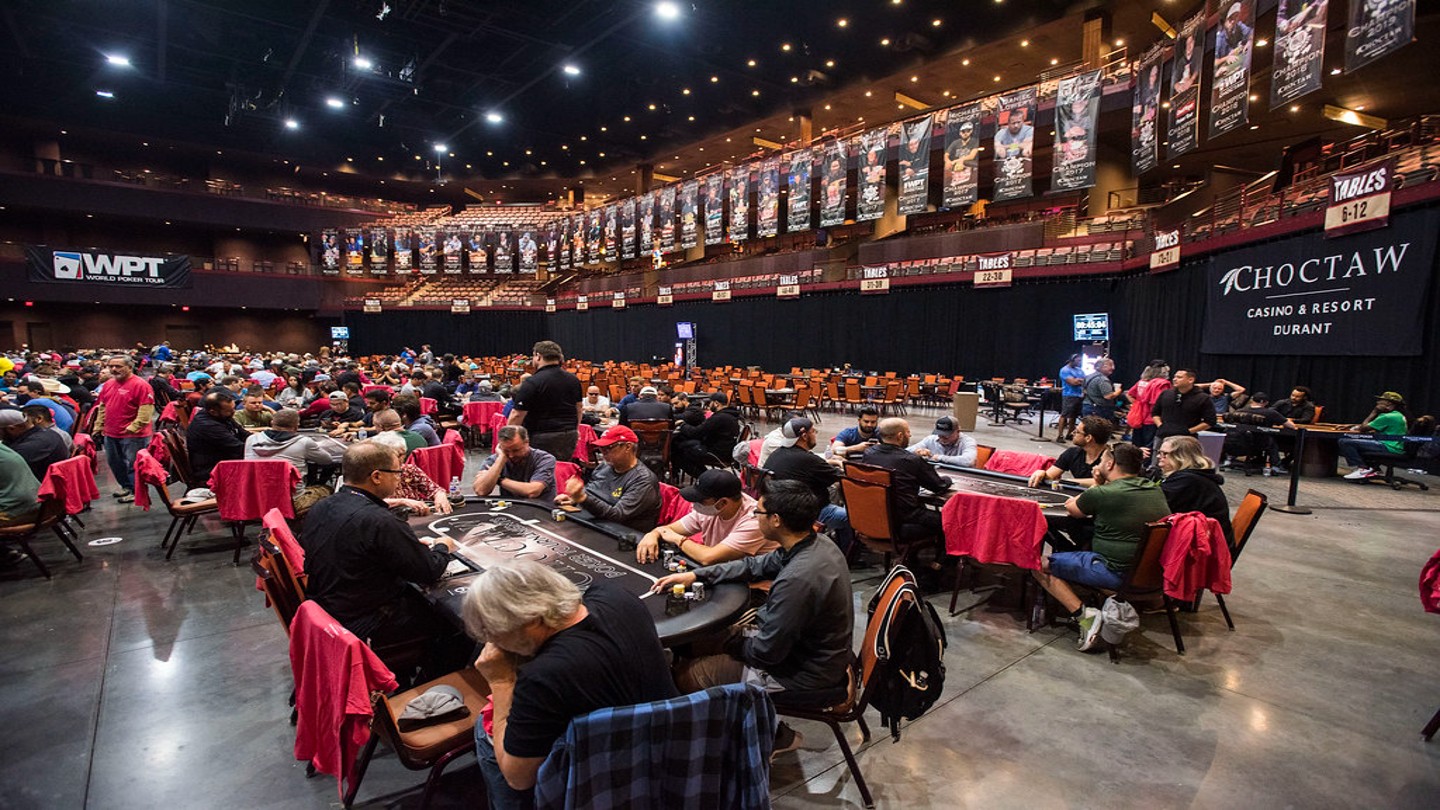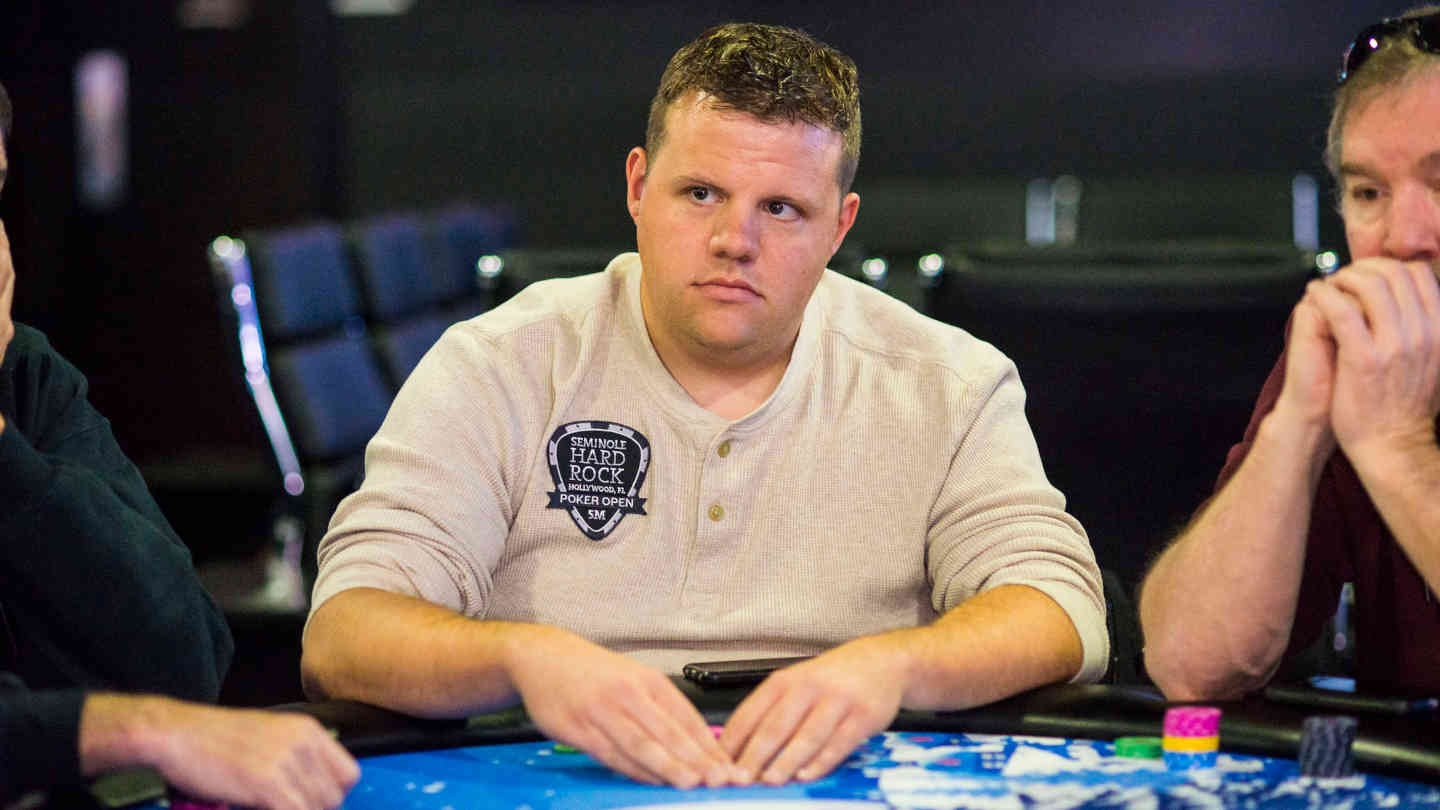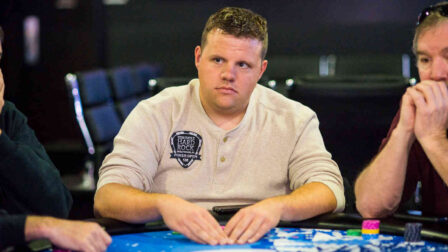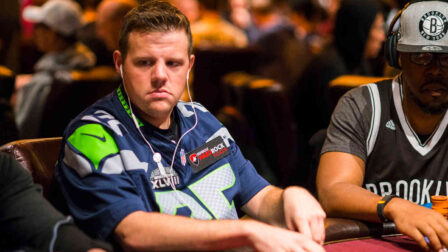Top 5 Tips to Crush Small Stakes Live Cash Games
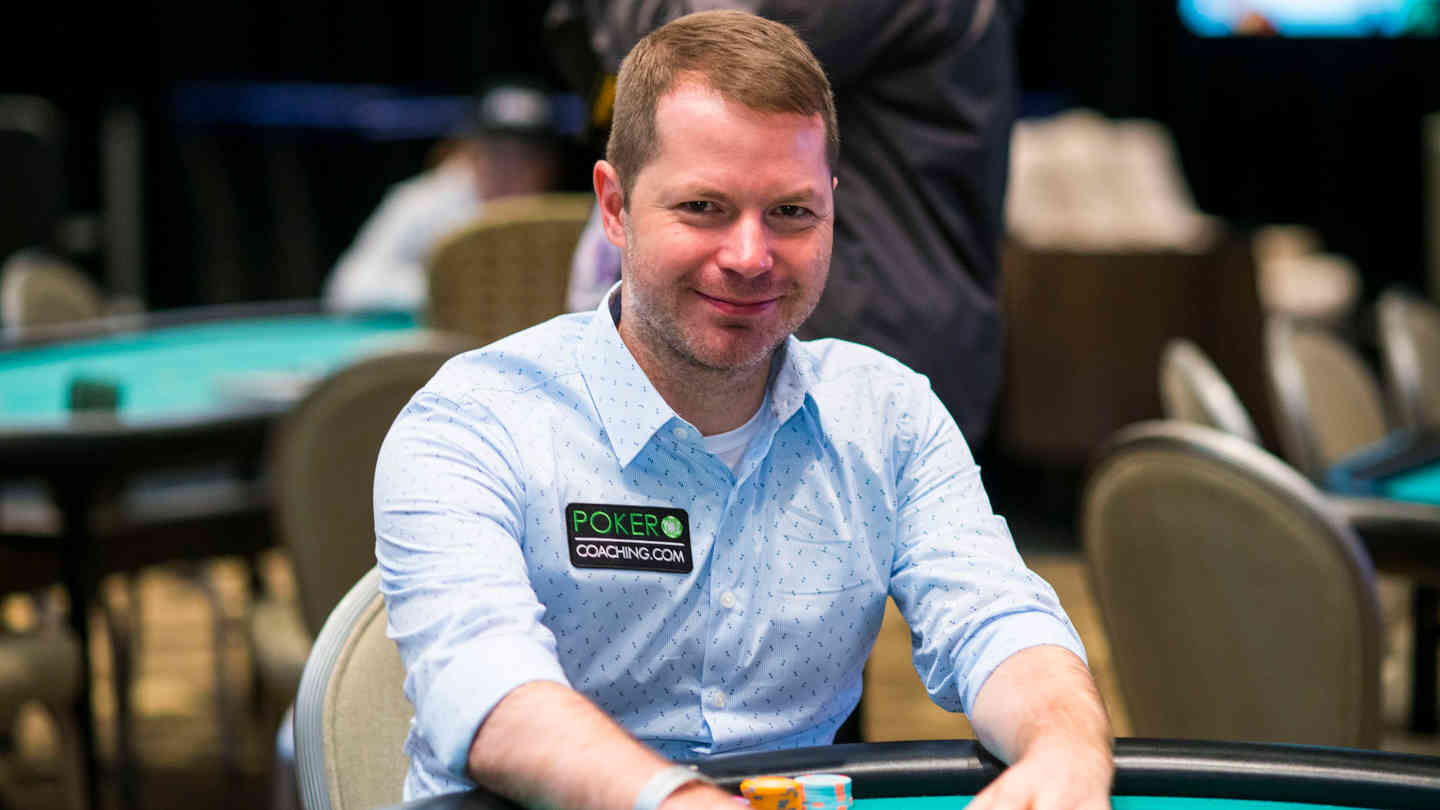
7 minutes
Last Updated: April 30, 2024
If you want to increase your edge at the tables even further, make sure to check the Pokercoaching training site.
…
There are two things you need to dominate small stakes cash games. The first and most obvious one is that you need solid fundamentals. The second one, which many players don’t pay nearly enough attention to, is knowing how to recognize and exploit common mistakes.
Having good fundamentals is definitely a must to thrive in any game. However, at low stakes, your opponents will inevitably make many mistakes, and you want to be in a position to profit from these mistakes.
In this article, I’ll cover a few main areas where you can implement these exploits, such as:
- How to properly construct your preflop 3-betting ranges?
- What is the biggest mistake I see in small stakes games?
- My number one tip for exploiting small stakes players!
By the time you’re done reading this article, you’ll have a few new tools in your arsenal that will help you dominate small stakes live cash games and significantly improve your win rate. So, without further ado, let’s get into it.
–
Exploit #1: 3-Bet More Preflop
In small stakes games like $1/$2, many players are very splashy before the flop, looking to get involved as much as possible in hopes of flopping a strong poker hand. This is not how you make money in these games.
Instead, you can crush these games by staying aggressive and isolating bad players. You want to create heads-up situations where your skill advantage will really show.
In multi-way pots, while the skill gap is still there, you won’t be able to do much without making a good hand simply because you’re up against multiple opponents, and one or two of them are almost bound to flop something.
On the GTO charts below, we have standard 3-betting ranges for two common scenarios: button vs. lojack and small blind vs. button.
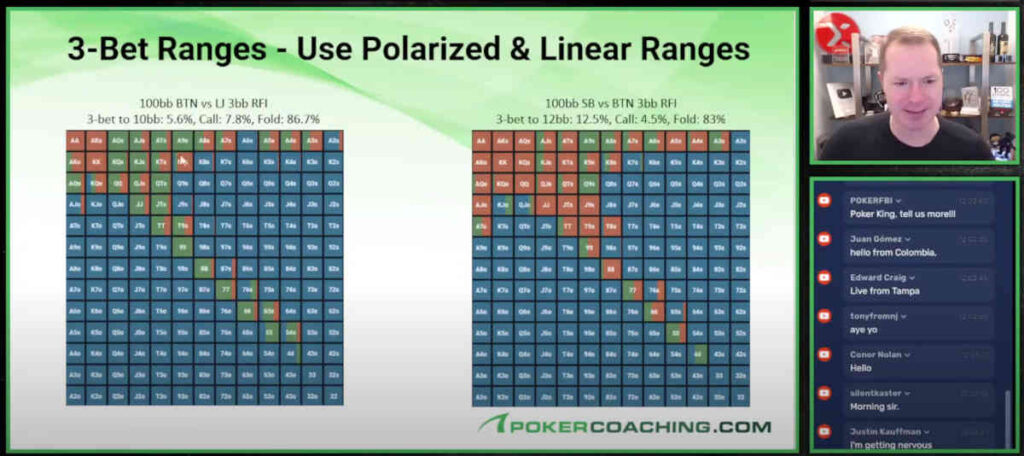
In most small stakes games, people tend to open with wider ranges, which means that you can make adjustments that deviate from the GTO. You can add more hands to your 3-betting range and increase the frequency of 3-bets with hands already on the chart.
When it comes to playing from the small blind against the button open, you can see that we are 3-betting almost all hands that we want to play. The main reason is that if you call from the small blind, you’ll give the big blind a great price to call. You don’t want to be playing a 3-way pot out of position.
Exploit #2: Fight Harder When in Position
The general tendency in low stakes games is that players play too tight against 3-bets. This is not a bad adjustment when you are out of position and face a fairly straightforward opponent.
However, whenever you find yourself in position, you need to fight harder and fully use your positional advantage. This is especially true when stacks are deeper.
On the chart below, we have the strategy for playing from the button facing a small blind 3-bet when 200 big blinds deep. As you can see, we want to fold most of our off-suite stuff, but we will be calling with almost all but the weakest suited hands.
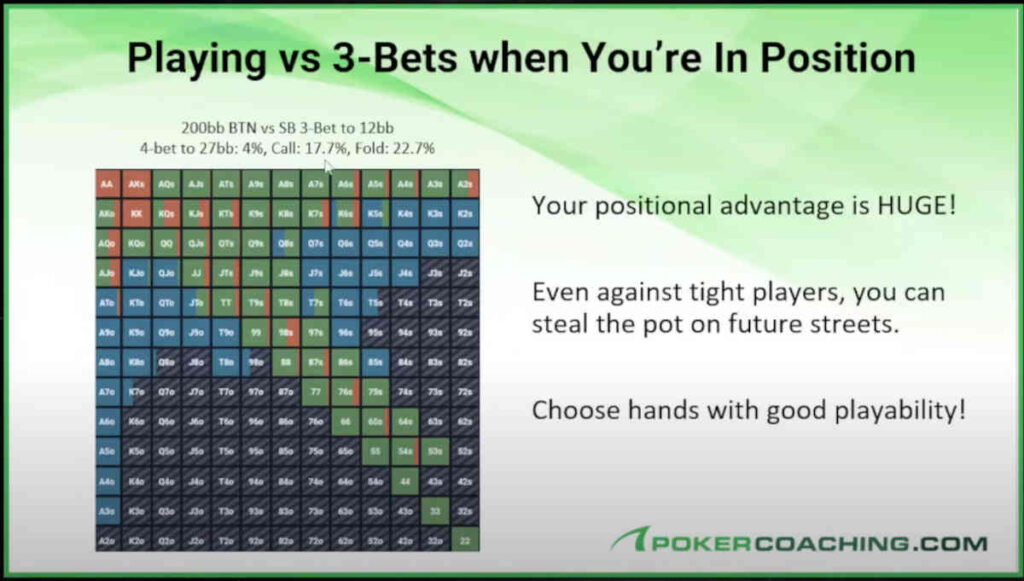
We are in position and closing the action, so we’ll be calling a lot and not 4-betting that often at all. Being in position, you’ll get to drastically over-realize your equity.
Exploit #3: Learn to Play With Marginal Hands
Perhaps the biggest mistake that I’ve seen repeatedly at small stakes is that players don’t know how to play well with marginal made hands and constantly overvalue these holdings.
The proper adjustment here isn’t that hard. Your default should be to play these hands passively and keep the pot small without worrying too much about allowing the opponent to see free cards.
Hands like top pair with a bad kicker down to ace high want to put one to two bets at most.
By playing these hands passively, we can keep the opponent’s entire range in play, and we do fairly well against that range. However, when you play these hands fast, you allow your opponent to fold all of their garbage holdings, keeping in the range that we don’t do so well against.
Let’s look at an example of a marginal made hand. We’re playing $1/$2 and open to $10 with A♠10♥ from the hijack. The big blind calls and the flop comes K♠10♣4♣, giving us a middle pair with an ace kicker.
The opponent checks, and we bet for $7, as this is a very good flop for our range, so we’ll be continuation betting frequently in this spot. The opponent calls, and the turn comes the 9♠. They check to us once again.
This is where a lot of people blunder, thinking that they have a decent hand and the board is very draw heavy, so they continue betting.
This is a mistake. If we bet and get raised, we have to fold. If we get called, we are getting called by made hands that have us in bad shape and different draws that all have good equity against our hand. So, we have a very easy check here.
Exploit #4: Stop Paying Off the Nits!
The simple fact of the matter is that players call down way too often at small stakes. You hear it all the time: “I knew I was beat, but just had to see it,” or “This guy never bluffs,” as they toss in the calling chips.
The number one reason this happens is the ego. You simply have to get rid of your “need to know” mentality. When your opponent’s strategy is clear and obvious, and you know they usually have a very strong hand when they bet – just fold. Don’t pay off the nits!
Let’s look at an actual example of this type of scenario.
We are in the big blind with K♠Q♣, the lojack raises to $10, and we call. The flop comes K♥J♣7♦. We check, they c-bet for $10, and we have an easy call.
This is a flop where our hand is already somewhat marginal, especially against a straightforward, passive opponent. For that reason, there is no need to raise here, even if the GTO strategy dictates some raises in this spot.
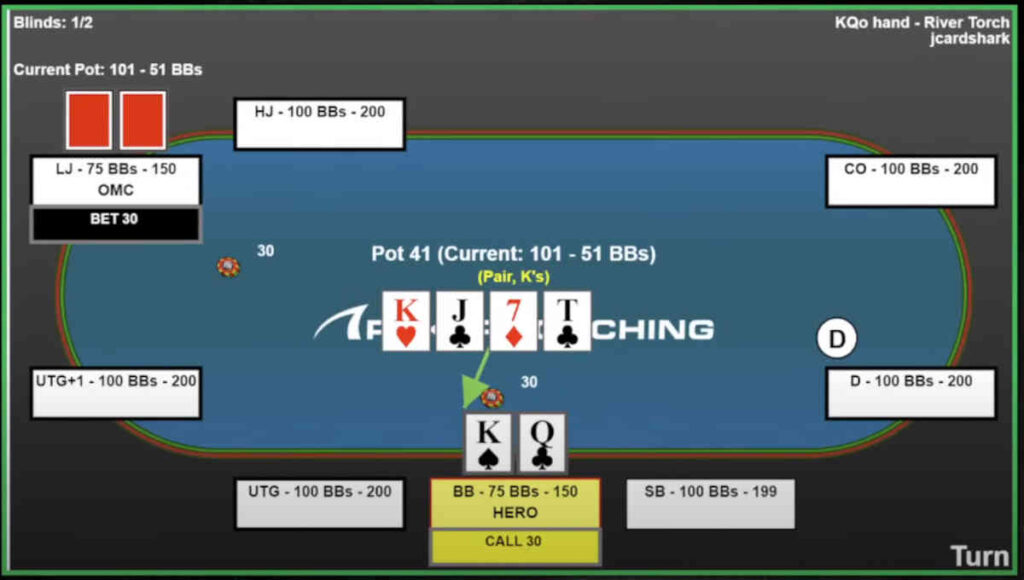
The turn comes the 10♣, we check, and the opponent bets $30. We now have a pair and a straight draw, so once again, we have no other option than to call. However, I’m already thinking about folding the river unless I improve.
The river is the 5♣, and after we check, the opponent goes all in for $150. With this bet sizing, this is a super easy fold. If they bet something like $50, it would be a much tougher spot due to great odds, but I think it is still fine to fold against three barrels from a generally passive player.
Exploit #5: Continue Improving After Every Session
If you want to stay on the winning side of poker, you need to constantly grow and improve as a player. You can’t be stagnant and expect to consistently win.
You need to stay sharp and constantly refine your strategy.
I receive many emails from players who are disappointed and disgruntled because they no longer win at poker. They used to be winners, but a few of the bad players in their games got better, and now these mediocre players struggle to keep their win rates.
Why they’re mad at me? It’s because some of these players got better thanks to this type of content and simple poker tips, which allowed them to fix their leaks and build a fundamentally solid game.
If you play against a small player pool, which is often the case in live cash games, you need to understand that bad players might get tired of losing at some point. When that happens, they’ll either quit or they’ll do something to get better and not lose as much.
And the funny thing is, players who are really bad at poker can get significantly better with very little work. They’ll still be bad, but by plugging a few simple leaks, they’ll vastly decrease the amount they lose.
Thus, winning players need to work hard to stay ahead of the curve because it’s much harder for them to increase their win rate. As bad players get better, your win rate will drop, and you need to make constant adjustments to adapt to these changes.
The bottom line is that beating players who make big mistakes isn’t rocket science, and you don’t need to overthink it. At the same time, be aware that horrible players do have ways to get better, and many of them will get better eventually, so you should never rest on your laurels.
Instead, work on your game after every session, fix your mistakes, and look for new ways to exploit your opponents to achieve the best results possible!









